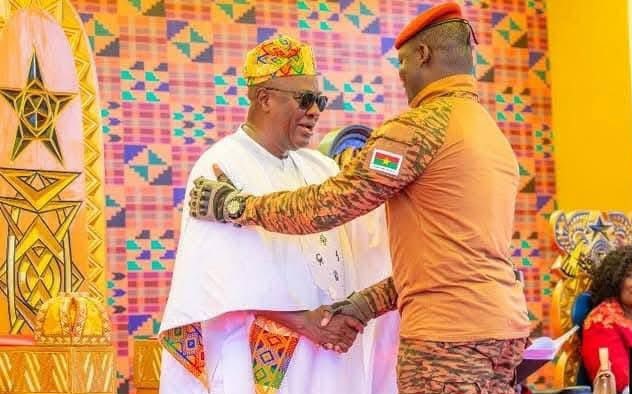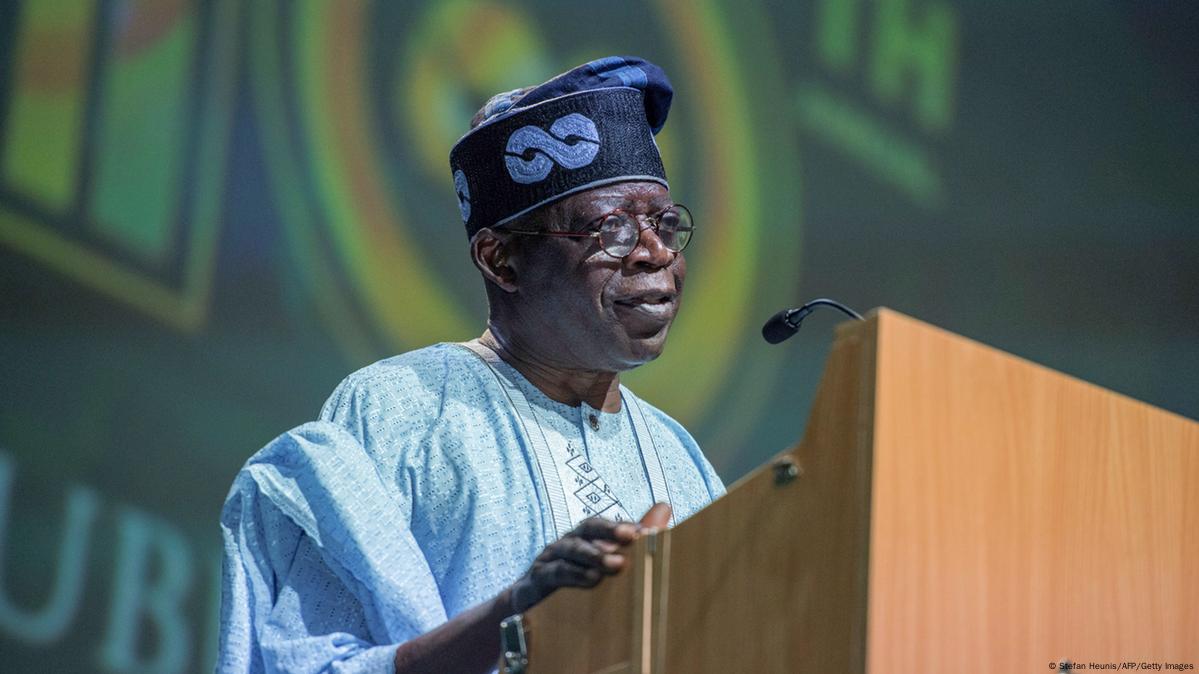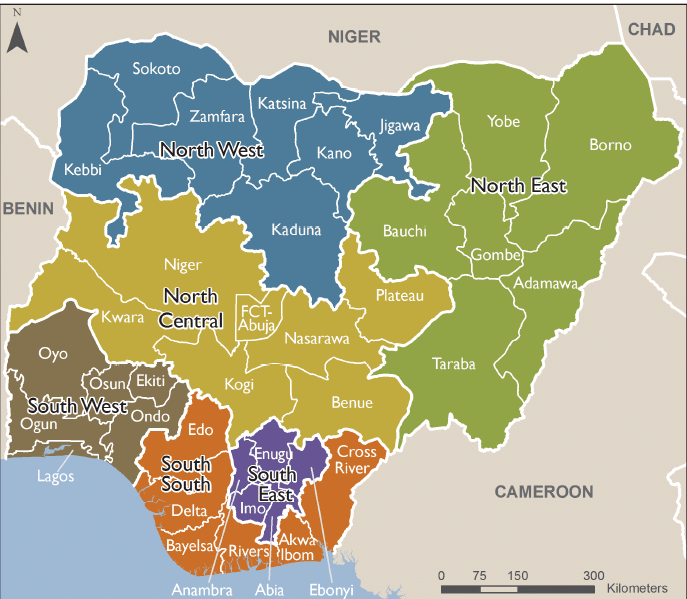Scholar Jideofor Adibe writes that Burkina Faso’s military leader Ibrahim Traoré’s warm reception at Ghana’s President John Mahama’s inauguration ceremony raises eyebrows and highlights the complexities of illiberal democracy and free speech in Africa.
Burkina Faso’s military leader, Ibrahim Traoré, was the centre of attention at Ghana’s President John Mahama’s inauguration ceremony on January 7, 2025. From a pistol conspicuously attached to his waist to his entourage of heavily armed guards and the resounding ovation he received when he was introduced, the oddity of it all was not lost on many people.
Wasn’t it a paradox that the man who toppled a constitutional order in his country was being received as a hero on an occasion to celebrate the increasing resilience of liberal democracy in Ghana? And what was the subtext of inviting him at all to the occasion, given that together with his fellow coup leaders in Niger and Mali, they had haemorrhaged the Economic Community of West African States by declaring their departure from the regional grouping that was formed in 1975? Traoré’s presence marked his first official African trip outside the Sahel Alliance—a bloc comprising Burkina Faso, Mali, and Niger—since the 36-year-old junta came to power in 2022. Despite breaching protocol, the thunderous applause he received, especially from younger attendees, deafeningly overshadowed the acknowledgement of other dignitaries.
“The best test of truth is the power of the thought to get itself accepted in the competition of the market…”
John Mahama’s inauguration ceremony as Ghana’s 14th President in Ghana’s Black Star Square followed the victory of his opposition National Democratic Congress (NDC) party in the December 7, 2024, elections, which the Commonwealth Observer Group and several local and international observers commended for their orderly conduct. Another epochal event at the inauguration was the swearing-in of Professor Naana Jane Opoku-Agyeman as the country’s first female Vice President. Mahama, 66, was previously Ghana’s president between July 2012 and January 2017. He was first sworn in as president when President John Evans Atta Mills died in July 2012. He was the 12th president from 2012 to 2017 and the fifth vice president from 2009 to 2012.
How do we explain the oddity of thunderous applause for a man who truncated democracy in his country during an occasion which was also a celebration of the increasing resilience of the same democracy in Ghana? Any attempt to answer this would inevitably lead to what people expect from liberal democracy. Though Ghana is going through one of its most challenging economic crises in a generation, the fact that they could peacefully choose their leaders, when the same cannot be said of its bigger and richer neighbour, Nigeria, seemed to be one of the grounds for optimism and even pride in the eternal brotherly competition between the two countries.
“Every idea is an incitement… The only difference between the expression of an opinion and an incitement in the narrower sense is the speaker’s enthusiasm for the result.”
Will the election of John Mahama resolve most of Ghana’s severe economic problems? Though the question of whether democracy facilitates or undermines economic development (at least in the short run) has remained controversial in the literature, a belief that people can freely and peacefully choose their leaders (meaning that their votes will count if they exercise their franchise) is one of the attractions of liberal democracy. However, even more critical than periodic elections (in fact, a precondition for all other tangible and intangible benefits of liberal democracy) is freedom of expression. This is probably why the First Amendment to the US Constitution on December 15, 1791, protected religious liberty and free speech.
The Amendment stated: “Congress shall make no law respecting an establishment of religion, or prohibiting the free exercise thereof, or abridging the freedom of speech, or of the press; or the right of the people peaceably to assemble, and to petition the Government for a redress of grievances.” One of the main differences between democracy in transitional or new democracies and democracy in countries that we call ‘mature democracy’ is their attitude to free speech. In Nigeria, though the politics of the opposition could sometimes be problematic, we seem to have government and ruling party functionaries who see any form of criticism of government policy as an affront that must be taken personally.
“Congress shall make no law respecting an establishment of religion, or prohibiting the free exercise thereof, or abridging the freedom of speech, or of the press…”
There are four main arguments for free speech: First, it is needed to discover the truth. A key idea here is that the truth will emerge from the competition of ideas in free and transparent public discourse. The metaphor is based on the market economy and the free exchange of goods in that market. Because many goods (read: ideas) are available in such a market, we, as rational consumers, choose carefully what we want from the available goods after evaluating the relative merits and demerits of each product. The ‘marketplace of ideas’ was first developed by John Stuart Mill in his book On Liberty (1859) but was popularized in the dissenting judgment of Oliver Wendell Holmes in Abrams v. United States (1919).
According to Holmes, “The best test of truth is the power of the thought to get itself accepted in the competition of the market, and that truth is the only ground upon which their wishes safely can be carried out.” Essentially, this theory tells us that a laissez-faire approach to regulating the free exchange of ideas (both by governments and the mind-guards in group thinks) will lead to ideas, theories, propositions, and movements succeeding or failing on their own merits. In other words, left to their own devices, free individuals can sift through competing ideas and proposals in an open environment of deliberation and exchange, allowing truth or the best possible results to be achieved at the end.
“Liberal democracy becomes an ‘illiberal democracy’ in which only the form but not the substance of it is observed.”
A second argument for free speech is that there is a big distrust of the government. Unless citizens can express themselves freely, the government will naturally try to muzzle free speech and allow only the echo of voices it wants to hear. A third justification for free speech is that citizens must actively participate in the political and governmental processes. Fourth, free speech is also seen as a value to be enjoyed on its own. It is believed in free speech jurisprudence that once free speech is muzzled, every other value associated with liberal democracy – accountability, freedom of assembly, periodic elections, etc. will become caricatured. In this sense, liberal democracy becomes an ‘illiberal democracy’ in which only the form but not the substance of it is observed.
Unfortunately, in many parts of Africa, liberal democracy has morphed into illiberal democracy: free speech is routinely muzzled through various contrivances – prior restraints, use or threat of defamatory action, and threats of charging one for terrorism financing. In fact, one of the most typical grounds for stifling free speech in illiberal democracy is for the government to accuse people with different opinions or critics of its policies of incitement against the government. The danger here is that every idea could be construed as an incitement. As Justice Holmes put it in a landmark case in the USA (Gitlow v New York [1925]), “Every idea is an incitement… The only difference between the expression of an opinion and an incitement in the narrower sense is the speaker’s enthusiasm for the result.” This means that everyone could potentially be accused of incitement in illiberal democracies.
“Unless citizens can express themselves freely, the government will naturally try to muzzle free speech and allow only the echo of voices it wants to hear.”
When a democracy becomes so corrupted into an illiberal democracy, citizens often become so concomitantly frustrated with the system that they long for ‘liberation’ from such a system. This is where opportunists like Traoré and other military coupists come in, and those who never lived through a military regime would wrongly interpret their stern mien as evidence that they had the magic wand to turn things around. I believe this could also be a partial explanation for the applause Traoré got in Ghana—apart from what some perceive as his courage (alongside the rulers of Niger and Mali) in standing up to France, their former colonial masters.
The opinions expressed in this article are strictly those of the author and do not necessarily align with the views of JolibaLive News! or any of its staff members. The author is in no way associated with this online news blog.
Comment, Like 👍, share this article, and Follow us on our social media handles.







